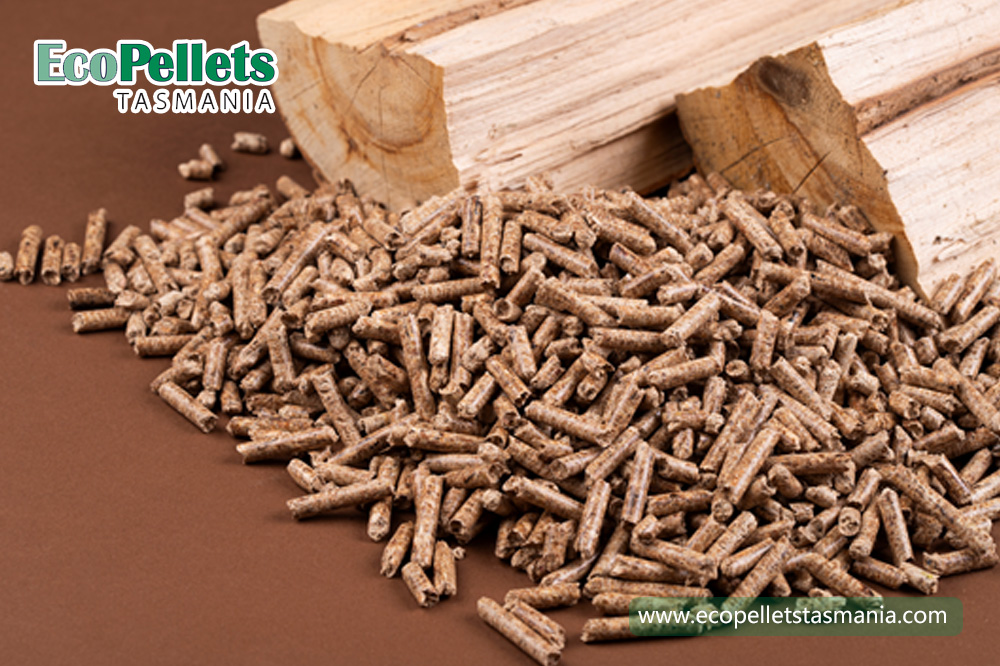Burning pellets in a pellet stove is a good heating option. It is a cost effective, clean, and convenient method to heat your home with pellet fuel. However, while the choice to burn pellets is simple, choosing the type of pellets can be a little confusing, leaving homeowners asking questions like: Do I choose a softwood or hardwood? How many BTU’s do I need to heat my home? What is a BTU anyway?
Whether you have recently purchased a pellet stove for the coming winter season, or if you’ve been burning pellets for years, we’ve done the research to put your questions to rest and help you choose the best pellets for your home. The main factors to consider when selecting and purchasing pellets are type of wood, BTU’s (the heat output), ash content, and of course, price.
Type of Wood
Typically, there will be two types of wood used in wood pellets: hardwood or softwood. Hardwood in its raw form burns for longer as it has a higher density. Softwood, on the other hand, due to the lignin concentration in the wood, so it burns hotter.
The real thing to look for in your type of pellet is the quality of the wood, ensuring that the pellets you choose are made of real wood, and not mixed with cardboard, bark, or synthetics.
BTU
BTU means “British Thermal Unit,” which measures energy. The BTU’s of your wood pellets, in essence, is the measurement of heat output. High BTU’s means it burns hotter.
Ash Content
The ash content of your pellets measures the output of ash during the burning process based on the percentage of weight. Ash content should measure less than 1% of the total weight of the pellets.
In simpler terms, it determines how often you must clean your pellet stove of the ash residue. A low ash content means you must clean your stove less often since it puts out less ash, which is a factor that many pellet stove owners consider very highly.
How do I choose which pellets to buy?
All in all, choosing pellets is entirely dependent on your preference and your budget. Some pellet stove owners swear by the quality of softwood pellets, while others prefer the long, hardwood pellet burn.
As always, if you have any questions on your pellets or figuring out what pellets are best for your home, our team is here to help! Please contact us with any question you have.

